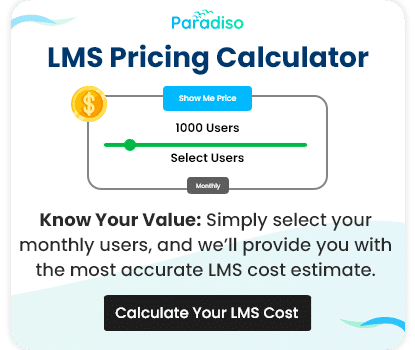The Healthcare Insurance Portability and Accountability Act (HIPAA) stands as a pivotal regulatory framework in the U.S. healthcare sector, ensuring the protection and confidential handling of sensitive patient data. Ensuring HIPAA compliance is not merely a legal obligation but a critical component in safeguarding the trust and wellbeing of patients and stakeholders within healthcare environments. .

We have
something for you!
Are you still figuring out which LMS is the best? Grab the chance to explore the LMS Buyer's Guide and get started.
















